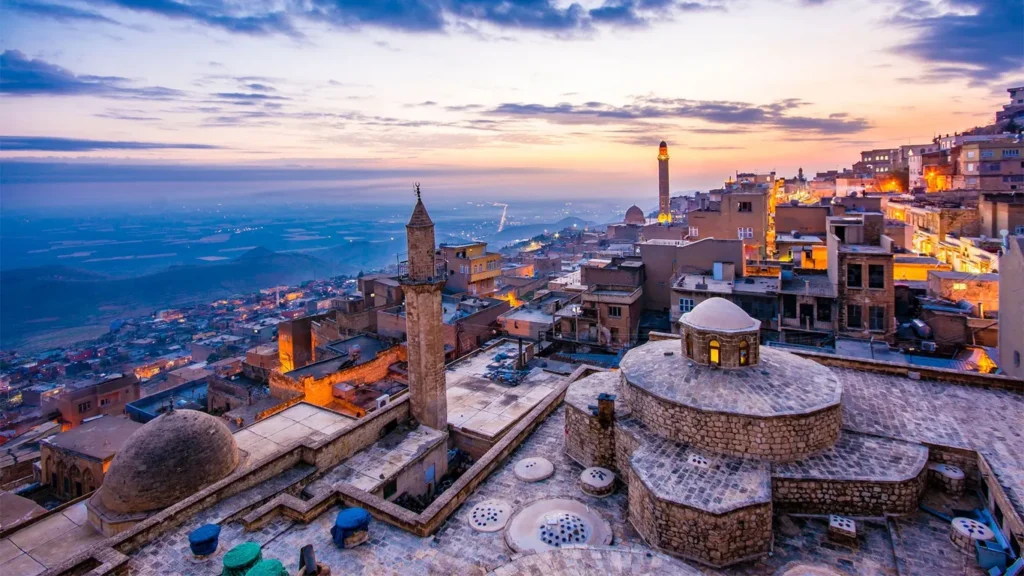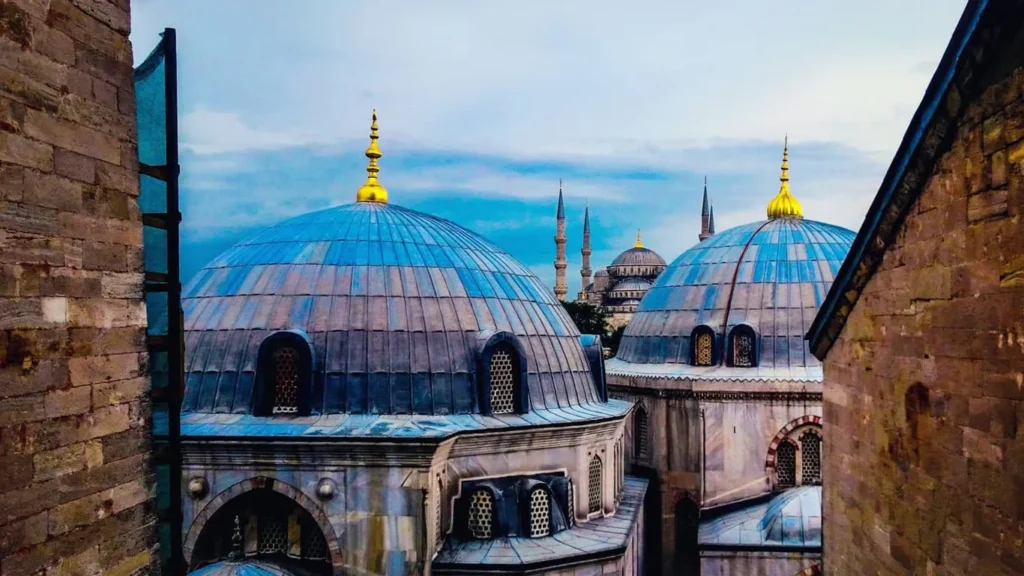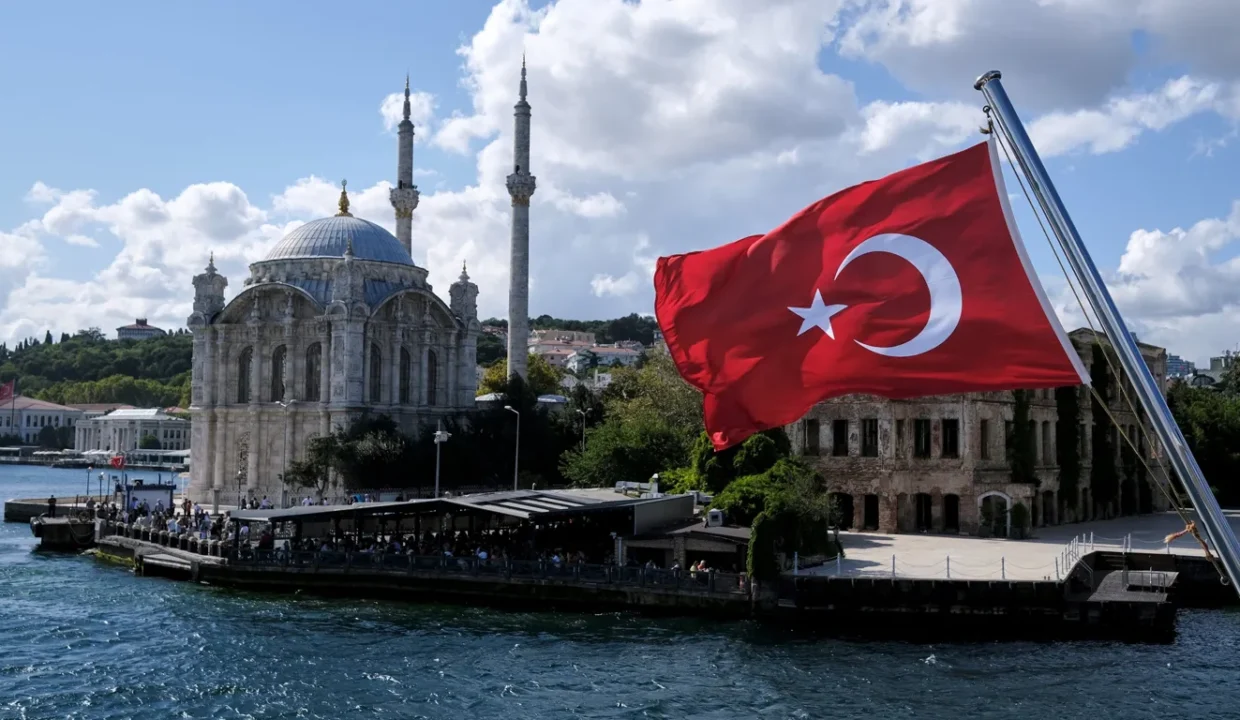Essential Tips for Living in Turkey: What You Need to Know
Living in Turkey offers a unique blend of rich history, vibrant culture, and modern conveniences. Whether you’re moving to Turkey for work, study, or a new adventure, it’s important to be well-prepared to ensure a smooth transition and an enjoyable experience. This article provides essential tips for living in Turkey, covering various aspects of daily life, cultural nuances, and practical advice to help you settle in and make the most of your time in this fascinating country.
Living in Turkey offers a unique and enriching experience, blending rich cultural heritage with modern conveniences. By understanding and respecting local customs, navigating daily life effectively, and embracing the local lifestyle, you can make the most of your time in this fascinating country. Whether you’re exploring Turkish cuisine, participating in cultural activities, or enjoying outdoor adventures, Turkey has something to offer everyone. With practical preparation and an open mind, you can successfully integrate into Turkish society and enjoy a fulfilling and rewarding life in Turkey.

Understanding Turkish Culture and Etiquette
Turkey’s culture is a blend of Eastern and Western influences, shaped by its rich history and diverse population. Understanding and respecting local customs and etiquette will help you integrate smoothly into Turkish society.
Hospitality and Social Etiquette
Turkish people are known for their warm hospitality and friendliness. It’s common for locals to invite guests into their homes and offer food and drinks. When visiting someone’s home, it’s polite to bring a small gift, such as sweets or flowers. Removing your shoes before entering a home is customary, and showing appreciation for the host’s efforts is always appreciated.
Greeting and Communication
Greetings in Turkey can vary depending on the level of familiarity. A firm handshake is common in formal settings, while close friends and family may greet each other with a kiss on both cheeks. Learning a few basic Turkish phrases, such as “Merhaba” (Hello), “Teşekkür ederim” (Thank you), and “Günaydın” (Good morning), will go a long way in building rapport with locals.
Respecting Traditions and Religion
Turkey is predominantly Muslim, and Islamic traditions play a significant role in daily life. It’s important to respect religious customs, especially during the holy month of Ramadan. When visiting mosques, dress modestly and remove your shoes before entering. Women may be required to cover their heads with a scarf, and it’s important to remain quiet and respectful during prayers.

Navigating Daily Life in Turkey
Adjusting to daily life in Turkey involves understanding the local infrastructure, transportation, and essential services.
Finding Accommodation
Turkey offers a wide range of housing options, from modern apartments in urban centers to traditional homes in suburban and rural areas. Major cities like Istanbul, Ankara, and Izmir have a variety of rental properties to suit different budgets and preferences. It’s advisable to use reputable real estate agents or online platforms to find accommodation. Ensure that you understand the terms of the lease agreement, including rent, deposit, and maintenance responsibilities.
Public Transportation
Turkey has a well-developed public transportation system, including buses, trams, metros, and ferries. Istanbul, in particular, has an extensive network that connects different parts of the city. Using a transportation card, such as the Istanbulkart, provides convenient and cost-effective access to multiple modes of transport. Taxis and ride-sharing services like Uber are also widely available.
Healthcare and Medical Services
Turkey has a modern healthcare system with both public and private hospitals and clinics. Public healthcare is accessible to residents through the Social Security Institution (SGK), while private healthcare facilities offer high-quality services for those with private health insurance. It’s advisable to have comprehensive health insurance to cover any medical expenses. Pharmacies, known as “eczane,” are readily available and can provide prescription and over-the-counter medications.

Practical Tips for Daily Living in Türkiye
Settling into daily life in Turkey involves understanding practical aspects such as banking, shopping, and communication.
Banking and Financial Services
Opening a bank account in Turkey is relatively straightforward for residents. Major banks offer a range of services, including online banking and international transfers. ATMs are widely available, and credit and debit cards are commonly accepted in most establishments. It’s important to keep track of exchange rates if you need to convert foreign currency.
Shopping and Groceries
Turkey offers a diverse shopping experience, from bustling markets and bazaars to modern shopping malls. Local markets, known as “pazar,” are great places to buy fresh produce, spices, and traditional goods. Supermarkets and convenience stores provide a wide range of groceries and household items. Bargaining is common in markets and smaller shops, so don’t hesitate to negotiate prices.
Internet and Communication
High-speed internet is widely available in Turkey, with various service providers offering competitive packages. Mobile phone services are provided by major operators like Turkcell, Vodafone, and Türk Telekom. Prepaid and postpaid plans are available, and obtaining a local SIM card requires identification and registration. Popular messaging apps like WhatsApp and social media platforms are commonly used for communication.

Embracing the Local Lifestyle in Turkey
Embracing the local lifestyle involves exploring Turkish cuisine, participating in cultural activities, and making the most of recreational opportunities.
Turkish Cuisine
Turkish cuisine is renowned for its rich flavors and diverse dishes. From savory kebabs and mezes to sweet baklava and Turkish delight, there’s something for everyone to enjoy. Traditional Turkish breakfast, known as “kahvaltı,” typically includes cheese, olives, bread, and tea. Exploring local restaurants and street food vendors is a great way to experience the culinary delights of Turkey.
Cultural Activities and Festivals
Turkey has a vibrant cultural scene with numerous festivals, events, and activities throughout the year. Istanbul’s International Film Festival, Izmir’s European Jazz Festival, and Antalya’s Sand Sculpture Festival are just a few examples of the country’s rich cultural offerings. Participating in these events provides an opportunity to connect with locals and immerse yourself in Turkish culture.
Outdoor and Recreational Activities
Turkey’s diverse landscapes offer a wide range of outdoor and recreational activities. Coastal regions like the Mediterranean and Aegean coasts are popular for water sports, sailing, and beach activities. The mountainous regions of eastern Turkey provide excellent opportunities for hiking, skiing, and mountaineering. National parks and natural reserves offer scenic spots for picnics, camping, and wildlife observation.

Legal and Administrative Matters in Turkey
Understanding legal and administrative matters is crucial for a smooth transition to living in Turkey.
Residency Permits and Visas
Foreigners planning to stay in Turkey for an extended period need to obtain a residency permit. The application process involves submitting required documents, including a valid passport, proof of accommodation, and health insurance. It’s important to apply for a residency permit within 30 days of arrival in Turkey. Different types of residency permits are available, depending on the purpose of stay, such as work, study, or family reunification.
Employment and Work Permits
Foreigners wishing to work in Turkey must obtain a work permit. Employers typically handle the application process on behalf of their employees. Work permits are issued by the Ministry of Labor and Social Security and are required for both salaried and self-employed individuals. It’s essential to ensure that your work permit is valid and renewed as necessary to avoid legal issues.
Driving in Turkey
If you plan to drive in Turkey, you need to have a valid driver’s license. Foreigners can use an international driving permit (IDP) for a limited period, after which they must obtain a Turkish driver’s license. The process involves taking a written and practical driving test. It’s important to familiarize yourself with local traffic laws and regulations to ensure safe driving.


